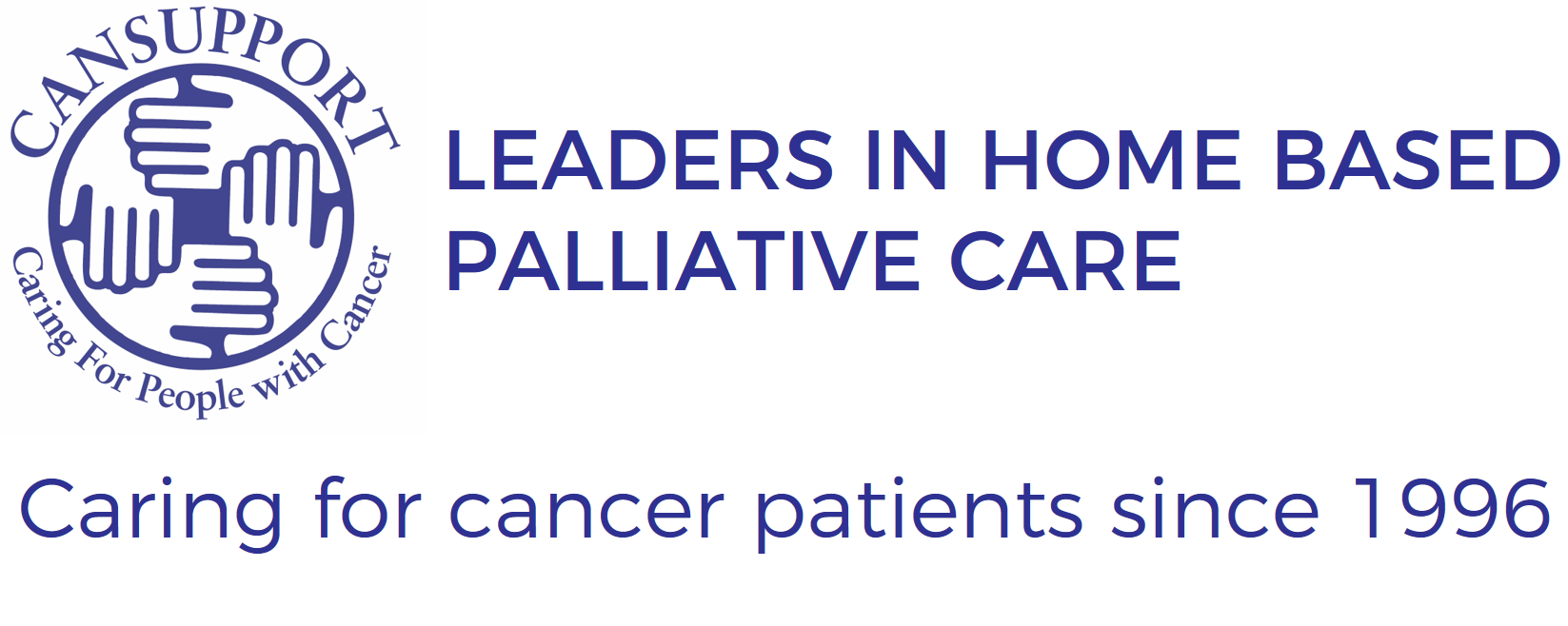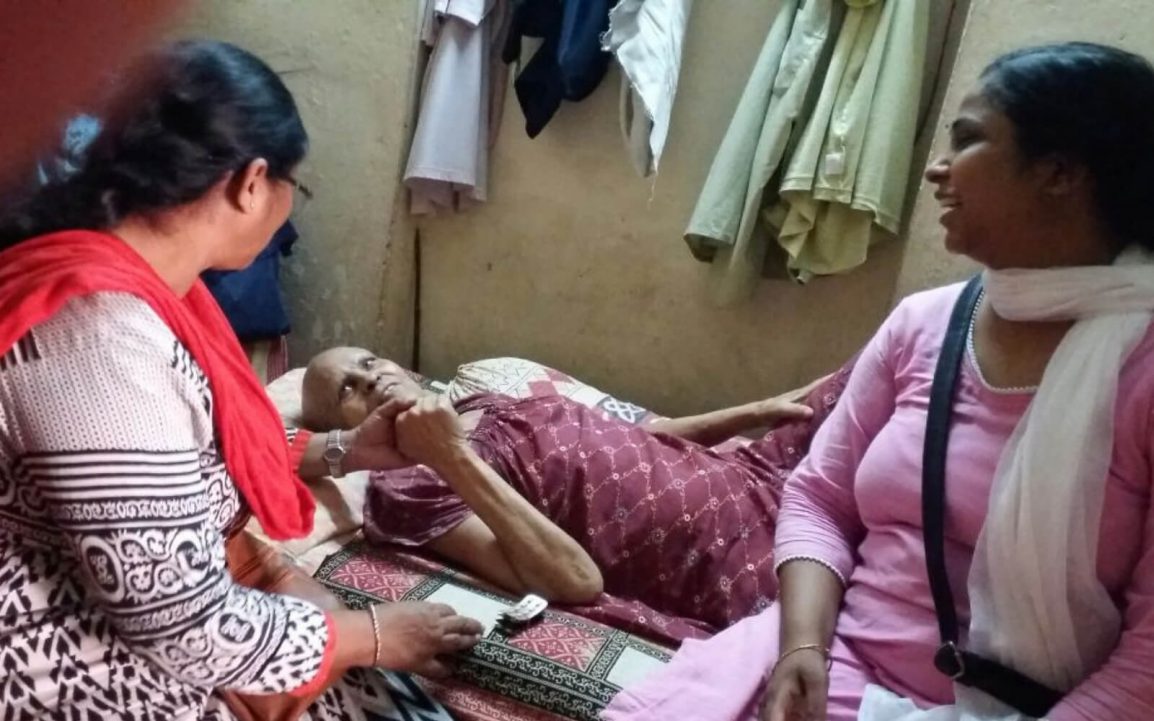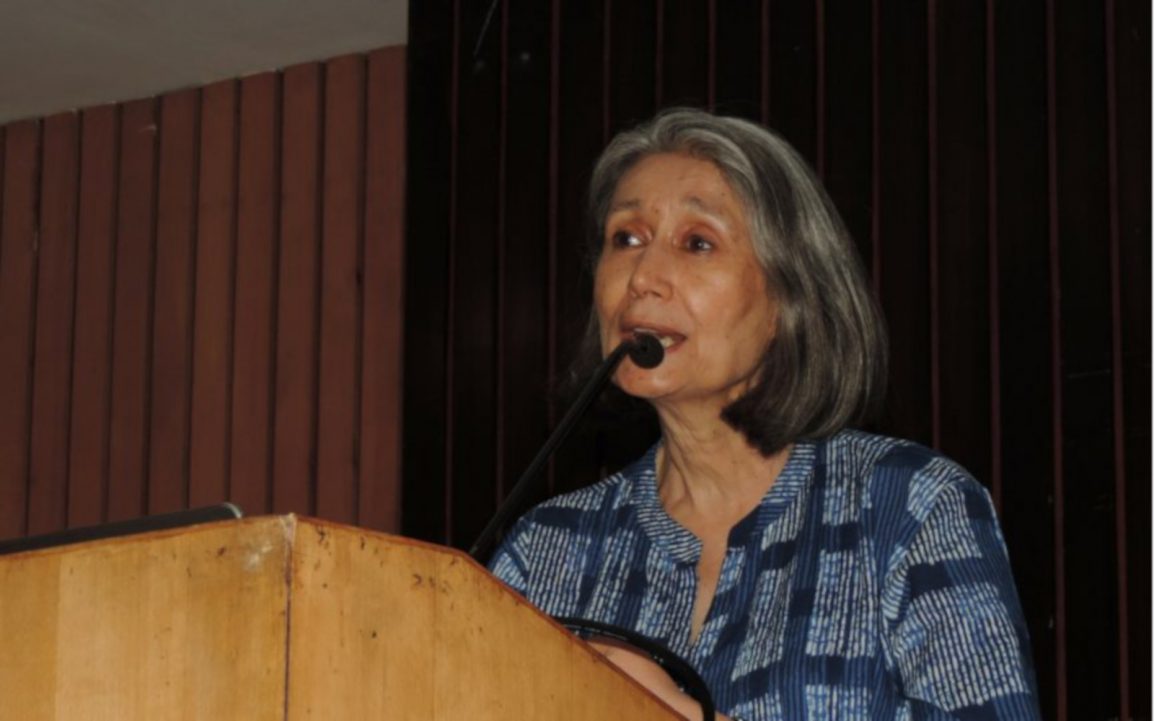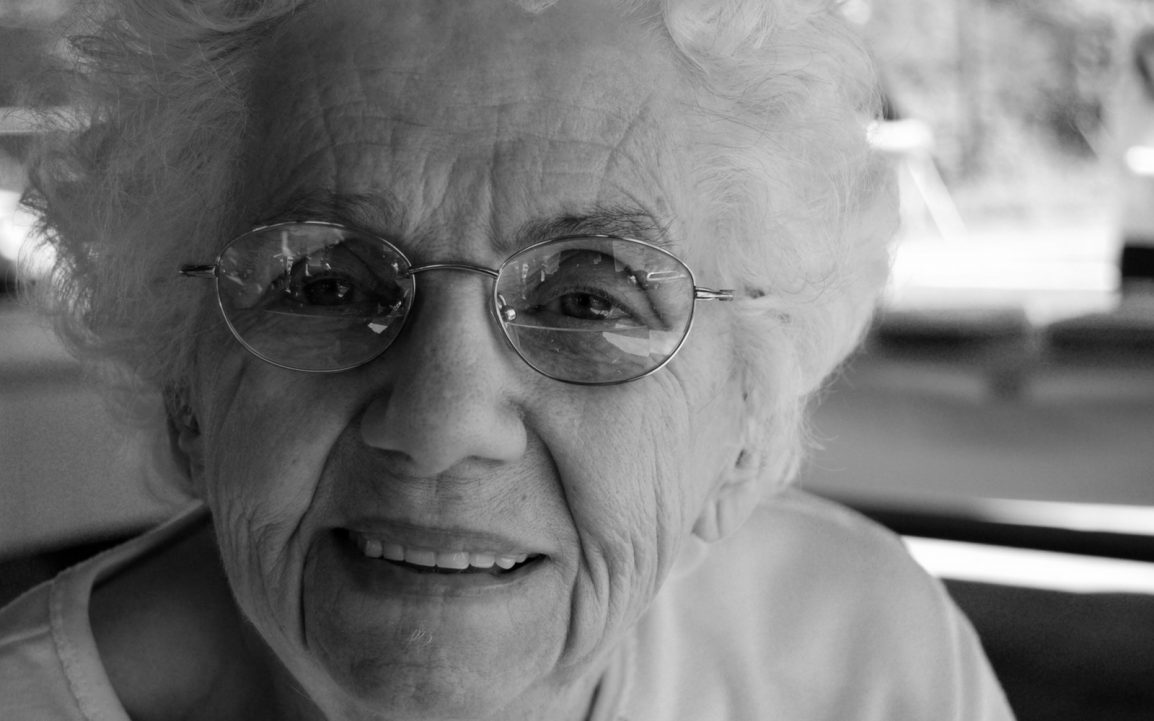As a cancer survivor, I realized early on that while medical professionals could ease my physical discomfort, they had very little to offer me when it came to psychosocial and spiritual distress. Read More
The Stigma of Cancer
Harmala Gupta’s article is about the need of policy to protect cancer patients, survivors from discrimination and right to dignity of life. Read More
Palliative Care Linked to Fewer Repeat Hospitalizations
Many terminally ill patients are choosing to stay at home rather than being admitted to hospital. Often when there are complications, patients or family will seek assistance from the hospital. Read More
What is Death Anxiety?
Death anxiety is a common fear many people who are terminally ill experience. This can create many troubles for patients and their families as patients often become more aggressive. Read More
Giving Loved Ones Permission to Die
When a loved one is diagnosed with a terminal illness. It is important to talk with them about what they want and how they want to be treated at the end of life. Read More
Palliative Care Respects Your Decisions
It can often be difficult and confusing to know what to do after a diagnosis. Palliative care is about helping you cope with everyday challenges and giving you and your family advice on tough decisions. Read More
In Palliative Care, Comfort is the Top Priority
Many patients and their families put off receiving palliative care as long as they can. In this article Ms Paula Span explains the benefits palliative care has on patients’ lives. Read More
“Extreme Measures” by Dr. Jessica Nutik
Palliative care methods should be used to slow down and derail the typical destructive I.C.U. approach that often torments people it cannot heal. Read More
Palliative Care should Start with Treatment
Palliative care should begin early in the course of treatment of a life-threatening disease and continue with the treatment to alleviate pain and improve the quality of life. Read More
The Role of Palliative Care at the End of Life
As the end of life approaches, the role of palliative care intensifies and focuses on aggressive symptom management and psychosocial support. Read More










